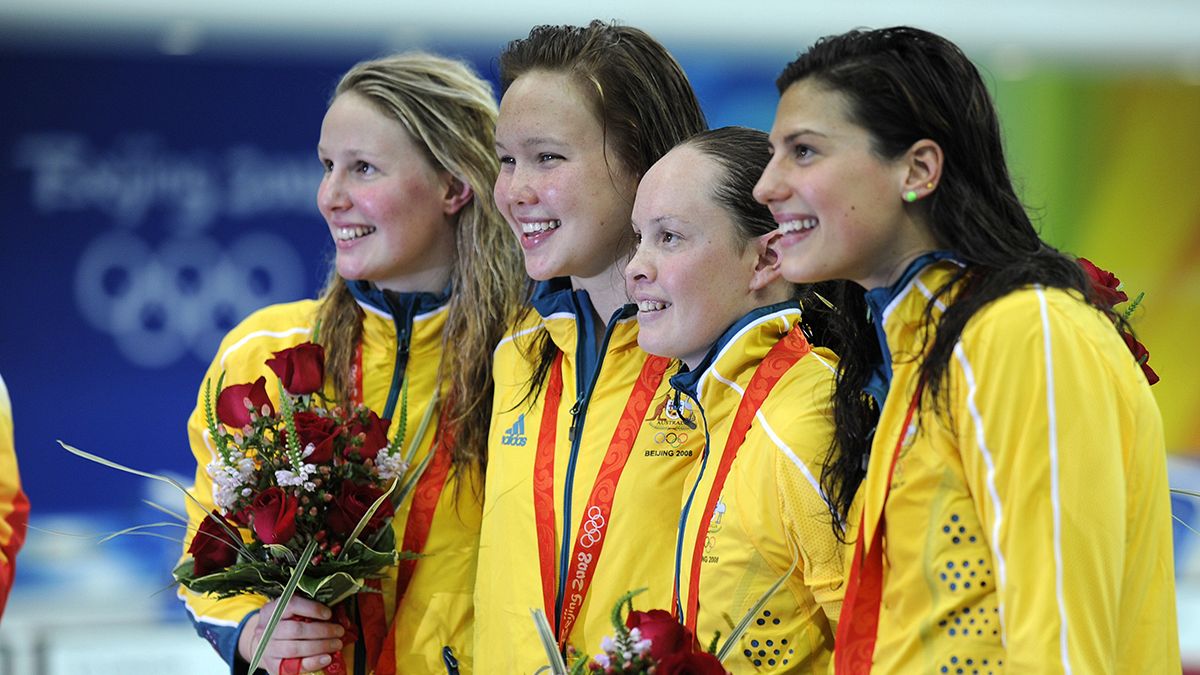The World Anti-Doping Agency (WADA) weighed in Monday on the controversy surrounding the doping case of Australian Olympic swimming champion Kylie Palmer by issuing a strong rebuke of FINA, the international swimming federation.
2008 Beijing Olympic and 2010 Commonwealth Games champion Palmer was due to compete at the FINA World Championships in Russia later this year but has withdrawn from the Australian national team after being told she failed a drugs test two years late.
The alleged adverse analytical finding came from a test she took at the 2013 FINA Worlds in Barcelona, where she won a silver medal in the 4×200 metres freestyle relay.
FINA had decided not to pursue the incident in July 2013 because the levels of the substance detected in her “A” sample was so low, and two additional tests conducted from July 25 to August 1 both came back negative.
The situation became more complicated, however, when subsequent testing of Palmer’s “B” sample also provided traces of a banned substance.
Following an appeal by WADA to the Court of Arbitration for Sport, a provisional ban was handed to Palmer by FINA at the insistence of the WADA, causing controversy and raising questions over the improper handling of the case which could end Palmer’s career prematurely.
Although a statement issued by FINA last week seemed to suggest that WADA only contacted them in February 2015 (20 months after the tests) to re-open the case, it has now emerged that the dates mentioned by the international swimming federation were misleading.
“It is important to clarify some details that were omitted from FINA’s announcement,” WADA Director General David Howman said. “WADA first requested information from FINA on the case on 5 October 2013, with a reminder sent on 4th December 2013 – both were ignored.”
“More than a year then passed before we were informed on 23 December 2014 that the case had been closed.
“We asked for an explanation of this decision, and in February 2015 we finally received the reasons for the decision.”
He added: “We are pleased that the case is finally moving forward.”
“It is important that results management processes are dealt with efficiently and effectively by all signatories, so that athletes can retain full confidence in the anti-doping system.”
Palmer has categorically denied ever knowingly taking any banned substances but admitted that it would be “almost impossible” to know if she had taken anything unknowingly, the 20 month delay also rendering the case extremely difficult for Palmer to defend.
The case continues.
